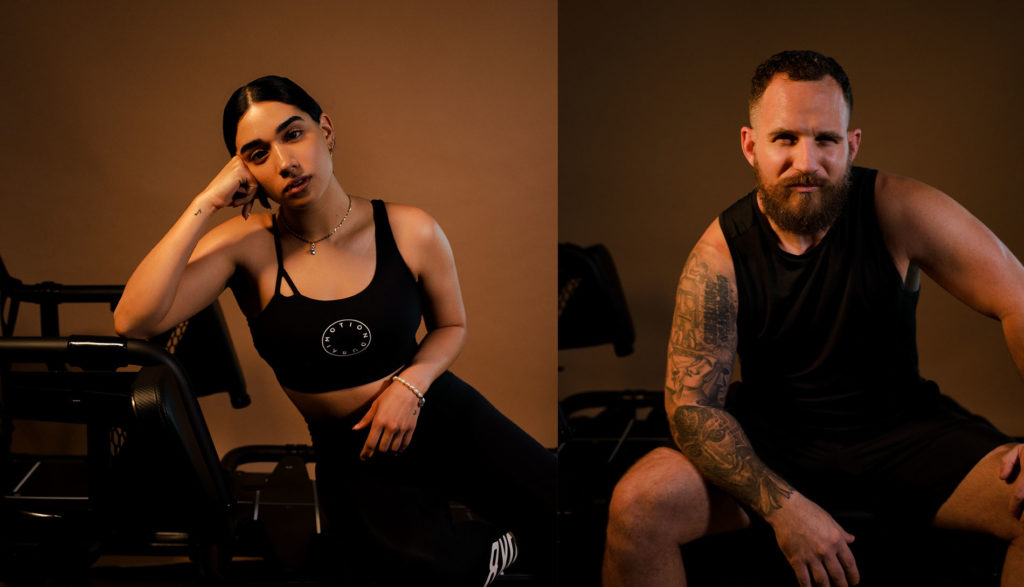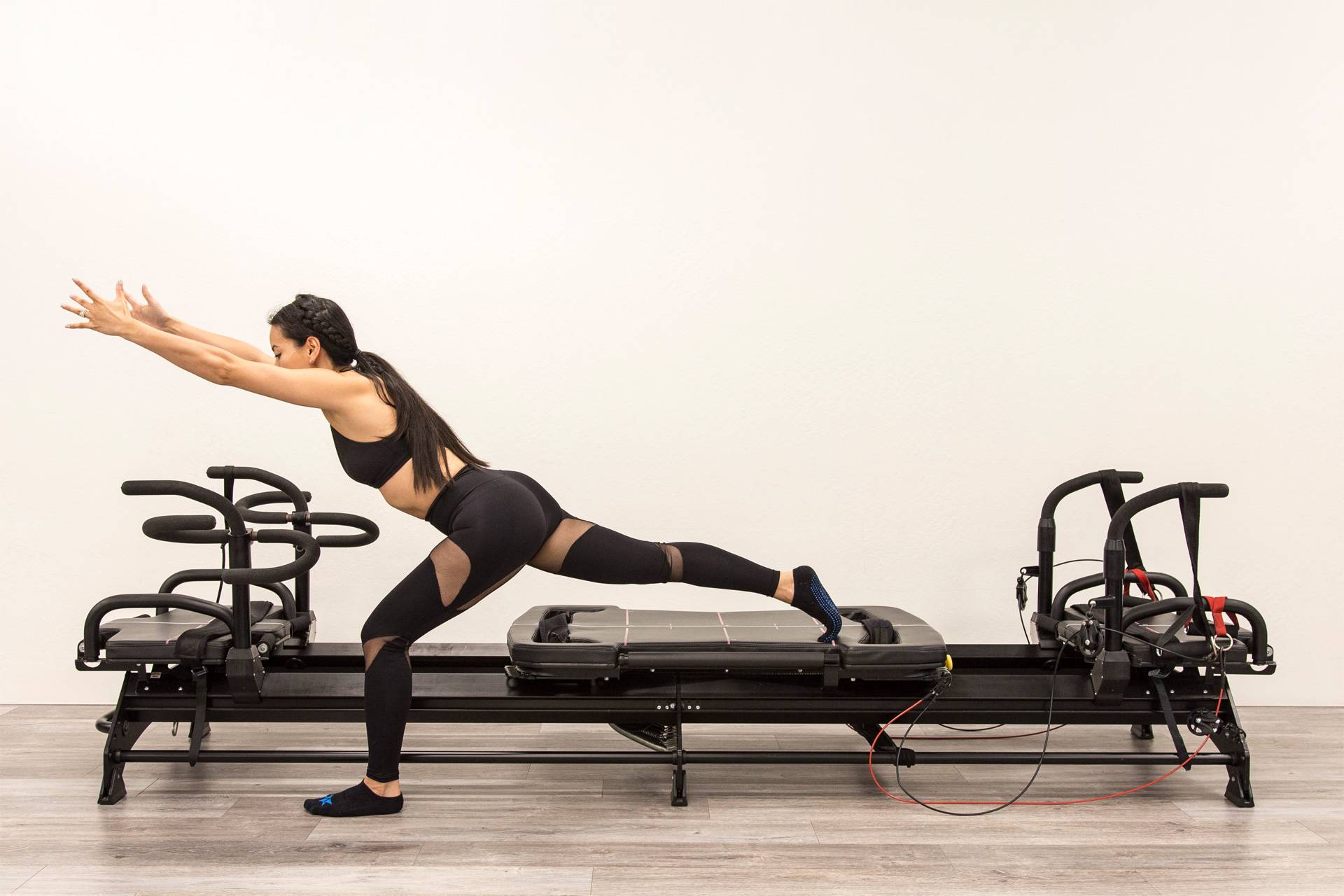Sport during Ramadan
Not only is Ramadan a chance to reconnect with yourself, but it’s also an opportunity to push your limits both mentally and physically. Exercise helps to maintain discipline by following a routine, and it allows for personal growth.

Should I work out before or after Iftar for the best results?
Working out just before Iftar can give you an extra boost of motivation, knowing that you are about to break your fast. You will be dehydrated so your body will use your fat storage as a source of energy. It’s the best time to exercise if you are looking for fat loss. It will also train your mind as you are exercising in harder conditions.
Working out after you’ve eaten will mean that you have more energy to burn, so you can do higher intensity workouts or push yourself harder. Ideally it’s good to have a small snack after the prayer time and exercise straight after. Or, if you decide to have a bigger meal with friends or family, we would suggest you go for a later workout such as 9PM or 10PM so you have the time to digest.
How to not gain weight during Ramadan
- Don’t eat a huge meal straight away to break your fast. After hours of fasting your body needs to readjust, so it’s best to start with a few dates and a glass of water.
- Don’t disturb your sleep, it’s really important to sleep well during this period
- Stay hydrated during the non-fasting hours and eat fruits such as watermelon to help replenish fluids.
- Cut out processed foods that are high in salt and sugar, and instead opt for nuts, vegetables, whole grains, and a source of protein.
- Settle a doable healthy routine with regular timings / days during those 30 days.
Is cardio and strength training a good combo?
This is the best combination for working out during Ramadan, especially with Pilates. Cardio improves endurance, oxygen efficiency and respiratory function, while strength training can help you improve your form, endurance, and daily calorie burn; thus by adding strength training, you can break through weight-loss plateaus and/or your personal record time. During Ramadan, it’s always preferable to aim for strength maintenance rather than gains.
What is Reformer Pilates?

Reformer Pilates is a challenging, high-intensity full body workout that is low impact by design. It is focused on using resistance to improve alignment, core strength and tone the body. Megaformer, is an advance version of the Classic reformer machine.
Similar to regular Pilates, it works the abdomen, lower back and hips. While mat Pilates uses your own body’s resistance, on a reformer you can control the amount of resistance and tension. This can provide a more challenging strength and endurance workout and can produce results sooner with muscles looking firmer and more defined.
These classes perfectly complement a MOTION class to improve your performance and integrate your mind and body. Your muscles be stronger from strength training and your stamina will be higher from cardio, meaning you can work out for longer and push your limits further. These two areas of exercise don’t really overlap, so the best way to reap all the benefits is to do a bit of both.

RAMADAN CHALLENGE : 8 CLASSES OF CYLING + 8 CLASSES OF STRENGTH